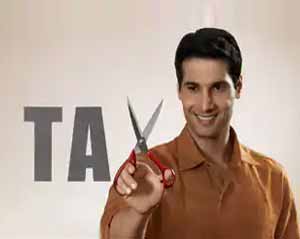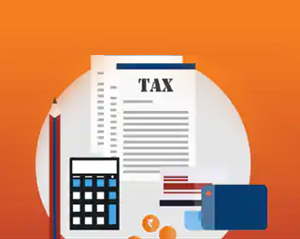What is HRA?
House Rent Allowance (HRA) is the allowance you receive from your employer towards the rent of your house. It forms a part of the salary paid to you by your employer.
HRA depends on multiple factors, such as your salary, city of residence, company’s salary structure, and more. Generally, HRA is a fixed percentage of your basic salary. You can claim a tax exemption on your HRA under Section 10(13A) and Rule 2A of the Income Tax Act, 1961.
How is Exemption on HRA calculated?
The exemption on HRA is calculated as per 2A of the Income Tax Rules. As per Rule 2A, the least of the following is exempted from salary under Section 10(13A) and does not form part of the taxable income.
- Actual HRA received from the employer
- For those living in metro cities: 50% of (Basic salary + Dearness allowance)
- For those living in non-metro cities: 40% of (Basic salary + Dearness allowance)
- Actual rent paid minus 10% of (Basic salary + Dearness allowance)
How is HRA taxed?
If the payment of rental expenses is more than ₹ 1,00,000/- annually, then it is mandatory for the employee to provide the PAN number of the landlord while filing income tax returns.
Let us understand the HRA component that would be exempt from income tax through an example
Mr X, employed in Mumbai, has taken up an accommodation on rent for which he pays a monthly rent of ₹ 25,000/-. He receives a Basic Salary of ₹ 45,000/- monthly along with DA of ₹ 7,000/- monthly which forms a part of the salary. He also receives HRA of ₹ 1 lakh from his employer during the year.
| Sr No. | Particulars | Amount |
|---|---|---|
| 1 | Actual HRA received | ₹ 1,00,000/- |
| 2 | 50% of [(45,000+7,000)*12] | ₹ 3,12,000/- |
| 3 | Actual rent ₹ 3,00,000 minus 10% of [(45,000+7,000)*12] | ₹ 2,37,600/- |
| 4 | HRA deduction = Least of 1, 2, 3 | ₹ 1,00,000/- |
Hence, ₹ 1,00,000/- would be exempt from salary under Section 10(13A).
Also, if the employee is paying rental expenses but does not receive HRA allowance as a part of salary from the employer or if the person is paying rental expenses but does not have salary income, the benefit of paying rental expenses can still be claimed under Section 80GG of the Income Tax Act, 1961.
HRA rules for self-employed individuals
Below are some HRA rules for self-employed individuals:
- Self-employed individuals cannot generally claim HRA as this provision is valid only for salaried employees
- Self-employed individuals can claim the tax deduction on HRA under Section 80GG of the Income Tax Act, 1961, if the rent paid is a business expense. However, they should not own residential property in the same location or receive HRA from an employer to claim the tax deduction
- They can claim a tax deduction of ₹ 5,000 per month or 25% of the total income, whichever is lower under Section 80GG
- Self-employed individuals must submit the rent agreement as proof to claim the tax deduction
- The tax deduction can be claimed while filing the Income Tax Return (ITR)
- Tax deductions for self-employed individuals under Section 80GG are subject to the prevailing tax laws and may change over time. It is recommended to consult a tax advisor for further details.
Documents Required for HRA Exemption Claim
Below is a list of documents required to claim HRA exemptions:
- Copy of your PAN card
- Copy of the landlord’s PAN card
- Rent receipts for the concerned financial year
- Copy of the rent agreement
Conditions for Claiming HRA Exemption
Below are the key conditions for claiming HRA tax exemption:
- You must have paid rent to a landlord
- Proof of payments made must be available if rent paid to family members, such as your parents
- Rent receipts for the concerned financial year
- Deductions can be claimed either under Section 10(13A) or Section 80GG, not both
- As per Section 10(13A), the maximum HRA deduction can be up to the actual HRA component received from the employer
COMP/DOC/Jun/2023/16/3167
Frequently asked questions
People like you also read ...



 46350 & GET LIFE COVER WITH
46350 & GET LIFE COVER WITH


